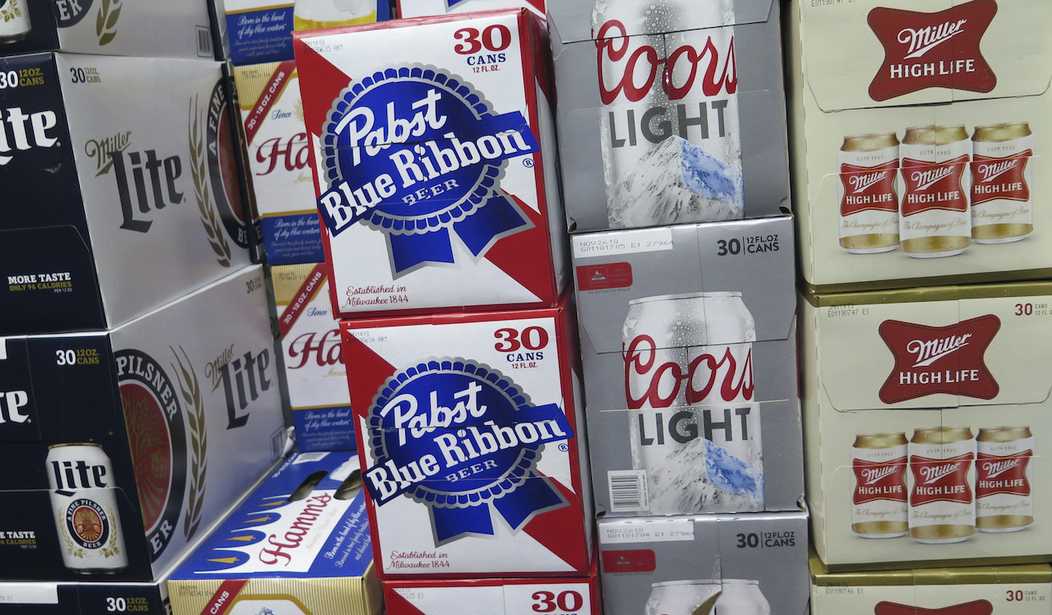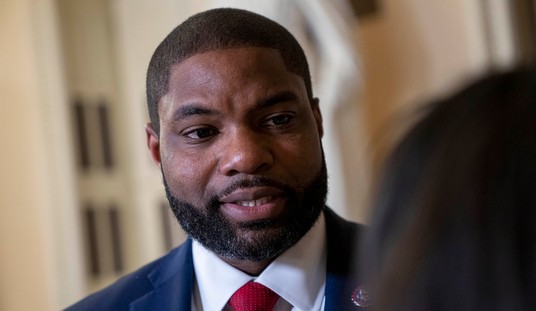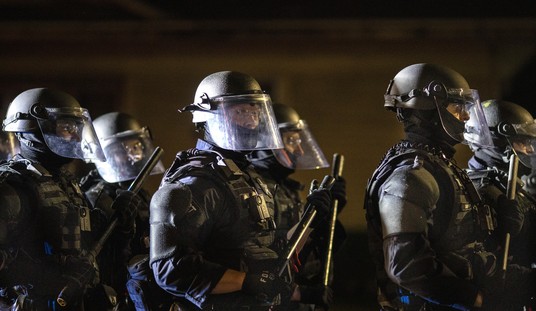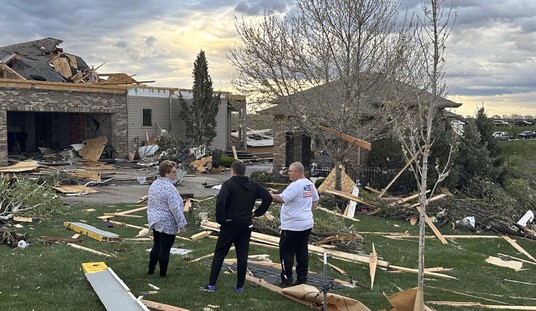A new Texas law recently went into effect that would impose further consequences on drunk drivers. The legislation, known as Bentley’s Law, mandates that individuals who kill a child’s parents because they were driving while intoxicated will be liable for paying child support.
The new law presents an interesting ethical and legal proposition that aims to mitigate the trauma and damage caused by those who drive while drunk. It seems to make sense: If a drunk driver robs a child of their parent, doesn’t it make sense that they should be financially responsible for the loss? Perhaps, but there might be other questions that are also relevant:
Texas drunken drivers who kill a child’s parent or guardian in a crash are now liable to pay child support, according to legislation that went into effect Friday.
Texas House Bill 393, also known as Bentley's Law, was first filed Nov. 14 of last year. Texas Gov. Greg Abbott signed the bill June 2.
"Any time a parent passes is tragic, but a death at the hands of a drunk driver is especially heinous," the Republican governor wrote on X, formerly known as Twitter. "I was proud to sign HB 393 into law this year to require offenders to pay child support for the children of their victims."
According to the law, intoxicated manslaughter culprits are only on the hook until the child turns 18 years old or finishes high school.
Any time a parent passes is tragic, but a death at the hands of a drunk driver is especially heinous.
— Greg Abbott (@GregAbbott_TX) July 25, 2023
I was proud to sign HB 393 into law this year to require offenders to pay child support for the children of their victims.pic.twitter.com/zpNJtRj50h
The notion that people should have to provide compensation for injuring another party is a commonly accepted idea. In this case, depriving a child of one or both of their parents causes astronomical damage to their mental and financial health. It is a life-changing event brought on by someone acting irresponsibly.
It also brings up an interesting debate when looked at from a wider perspective. This particular law only affects drunk drivers – but what about sober drivers who drive recklessly and bring about the same result? Should they also be held accountable and compelled to pay child support? One could certainly make valid arguments in favor of this proposition, couldn’t they?
On one hand, we could point out that getting behind the wheel while drunk could be seen as a flagrant disregard for human life. The individual knows they are not in the right state of mind and should not be trying to drive. This would seem to make child support payment more justifiable.
Conversely, isn’t driving recklessly—even when one is sober—also an irresponsible act that shows a disregard for human life? This also poses a risk to other motorists driving on the road. Should they also be required to pay child support if their actions result in the death of a parent?
Proponents of expanding such a policy might argue that it could provide a deterrent that would prompt people to drive more responsibly. Imposing further financial penalties could make people think twice before deciding to weave in and out of traffic on the highway. Moreover, if a tragedy did occur, it would ensure that the child who lost a parent would have some form of recompense.
Still, it might not be as clear-cut as it seems. Opponents would rightly ask: What constitutes reckless driving? Texting while behind the wheel? Speeding? Not paying enough attention? What about situations in which the victim could have been partially at fault for the accident? There seems to be a pretty fine line between punishing someone for an honest mistake and holding someone accountable for showing a blatant disregard for people’s safety.
As with most issues of this type, there are no easy answers. But this law makes one thing clear: Texans now have yet another reason to make sure they sober up before they get into their vehicles.













Join the conversation as a VIP Member